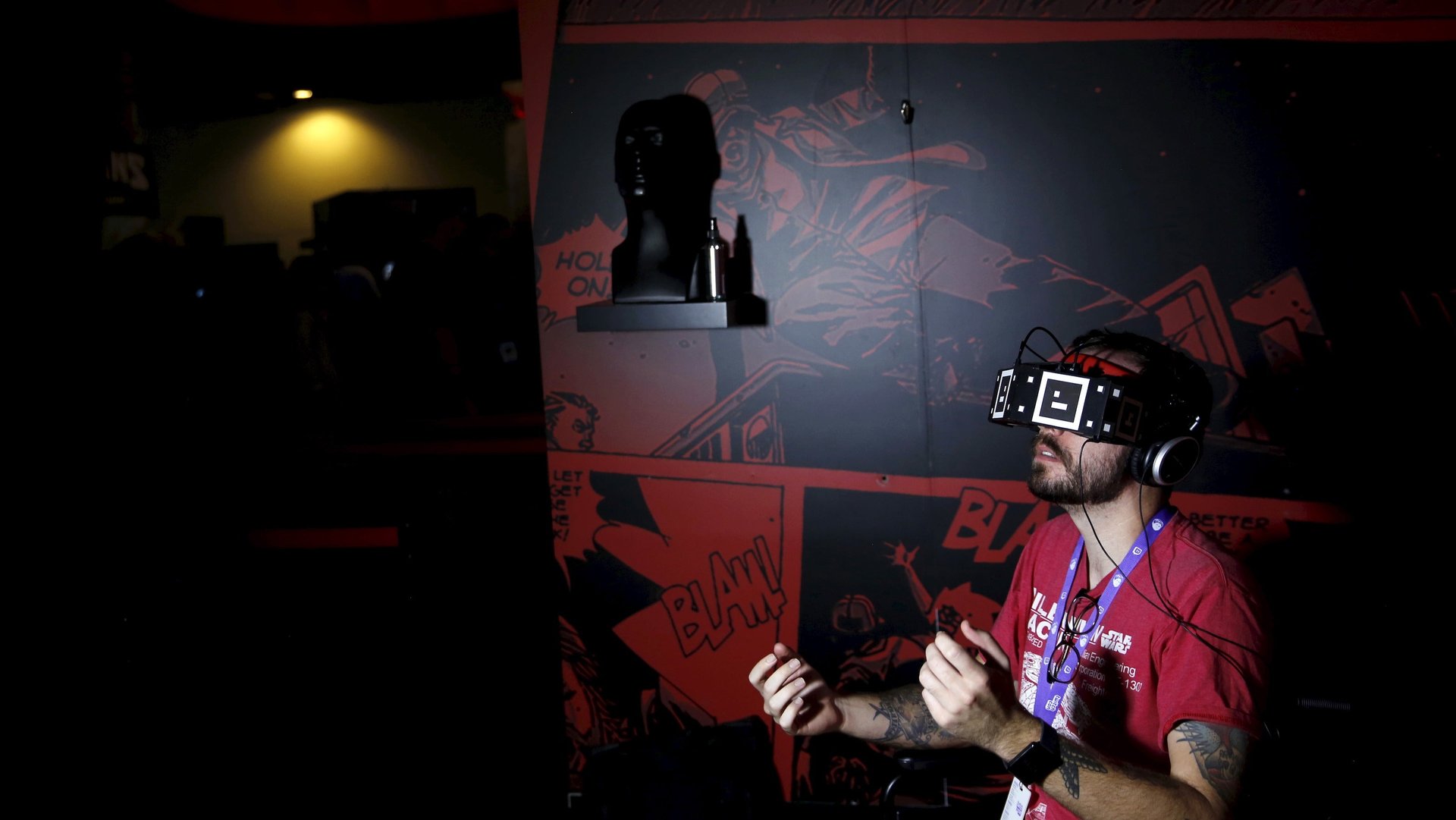To do better in school, log out of Facebook and play videogames
Pokémon Go might offer more than mindless entertainment.


Pokémon Go might offer more than mindless entertainment.
Since the dawn of videogames, parents across the world have complained that their kids spend too much time playing online contests like Nintendo’s recent hit and other best-selling games such as Grand Theft Auto, Mario Kart, and Call of Duty. Yet according to new research, gamers actually do better in school.
This isn’t proof that playing videogames causes academic success, but it sets up a strong link. Alberto Posso, a business professor at the Royal Melbourne Institute of Technology, looked at data from national surveys on 12,000 Australian high school students, studying how their academic scores connected with their personal interests and activities. His report—published in the International Journal of Communication—shows that the teens who made a near-daily habit of playing videogames scored roughly 15 points higher than average on math, reading, and science tests.
“Videogames potentially allow students to apply and sharpen skills learned in school,” Posso wrote. Gamers solve puzzles, often using deductive reasoning, science knowledge, or math, and they have to be completely focused on the task at hand.
No surprise, then, that Posso’s study also found students who heavily used social media, which requires only minimal focus and promotes superficial thinking, tended to score 4% lower than their peers. The more time kids spent on sites like Twitter and Facebook, the bigger the drop in their scores—a conclusion that echoes that of many prior studies on social media and academic performance.
The evidence on videogames isn’t conclusive. It may be that kids who are naturally gifted at math and reasoning also gravitate toward gaming; gamers might also have other shared interests that contribute to their sharpness in school.
Still, between time spent online on Minecraft or Facebook, parents might want to consider being more lenient on the former.